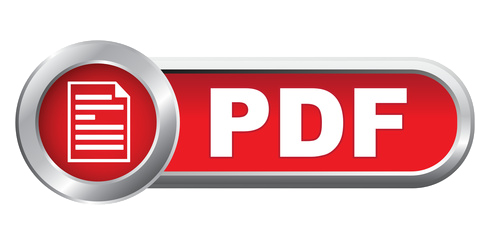Management / Costing Finance and Accounting
Cost Accounting and Management
MF102
No Schedule Course Found, You can Request Schedule or ask for a proposal to get as in-House for your team. Request eProposale
In today’s data-driven financial environment, understanding cost behavior and allocation methods is essential for strategic decision-making. This advanced-level course equips finance professionals with critical knowledge in cost accounting and management, enhancing their ability to influence profitability and operational efficiency. Designed for both seasoned professionals and those transitioning into cost-related roles, this course covers essential concepts from cost classification to environmental costing.
- Analyze and allocate costs using activity-based costing systems.
- Calculate inventory costs under absorption and variable costing.
- Develop and manage budgets using standard costing and flexible budgeting methods.
- Interpret cost-volume-profit relationships for short-term decision-making.
- Integrate environmental and quality considerations into cost management strategies.
- Cost Accountants
- Management Accountants
- Finance Managers
- Financial Controllers
Module 1: Introduction to Management Accounting
- Definition and scope of management accounting
- Differences from financial accounting
- Relevance to decision-making processes
Module 2: Cost Classification and Structures
- Types of costs: fixed, variable, direct, indirect
- Classification for manufacturing, merchandising, and service companies
- Importance of accurate cost allocation
Module 3: Job Order and Process Costing Systems
- Basics of job order costing
- Process costing and its applications
- Selecting appropriate costing methods
Module 4: Absorption and Variable Costing
- Principles and calculations of absorption costing
- Variable (marginal) costing and profitability impact
- Comparative analysis for decision-making
Module 5: Standard Costing and Flexible Budgeting
- Setting standard cost rates
- Developing flexible budgets
- Variance analysis and performance evaluation
Module 6: Activity-Based Costing and Management
- Fundamentals of ABC and ABM
- Identifying cost drivers
- Benefits of ABC in overhead allocation
Module 7: Just-in-Time (JIT) Production Systems
- Core principles of JIT
- Cost implications of JIT systems
- Integration with cost management
Module 8: Total Quality Management (TQM)
- Cost of quality and its measurement
- TQM principles and their financial impact
- Linking quality to strategic cost control
Module 9: Cost-Volume-Profit (CVP) Analysis
- Understanding contribution margin
- Break-even and target profit analysis
- Scenario planning and sensitivity analysis
Module 10: Short-Term Decision-Making and Environmental Costing
- Relevant costs for decision-making
- Environmental costing principles
- Incorporating sustainability into cost strategies
The course combines various teaching methods, including instructor-led presentations, group discussions, case study analyses, and assessments through quizzes and a final exam to engage participants and ensure they understand and retain the material.
Terms & Conditions
ACTrain reserves the right to alter the Course Schedule without Prior Notification, Fees Quoted are Subject to Terms & Conditions Outlined in ACTrain's Registration Policy







